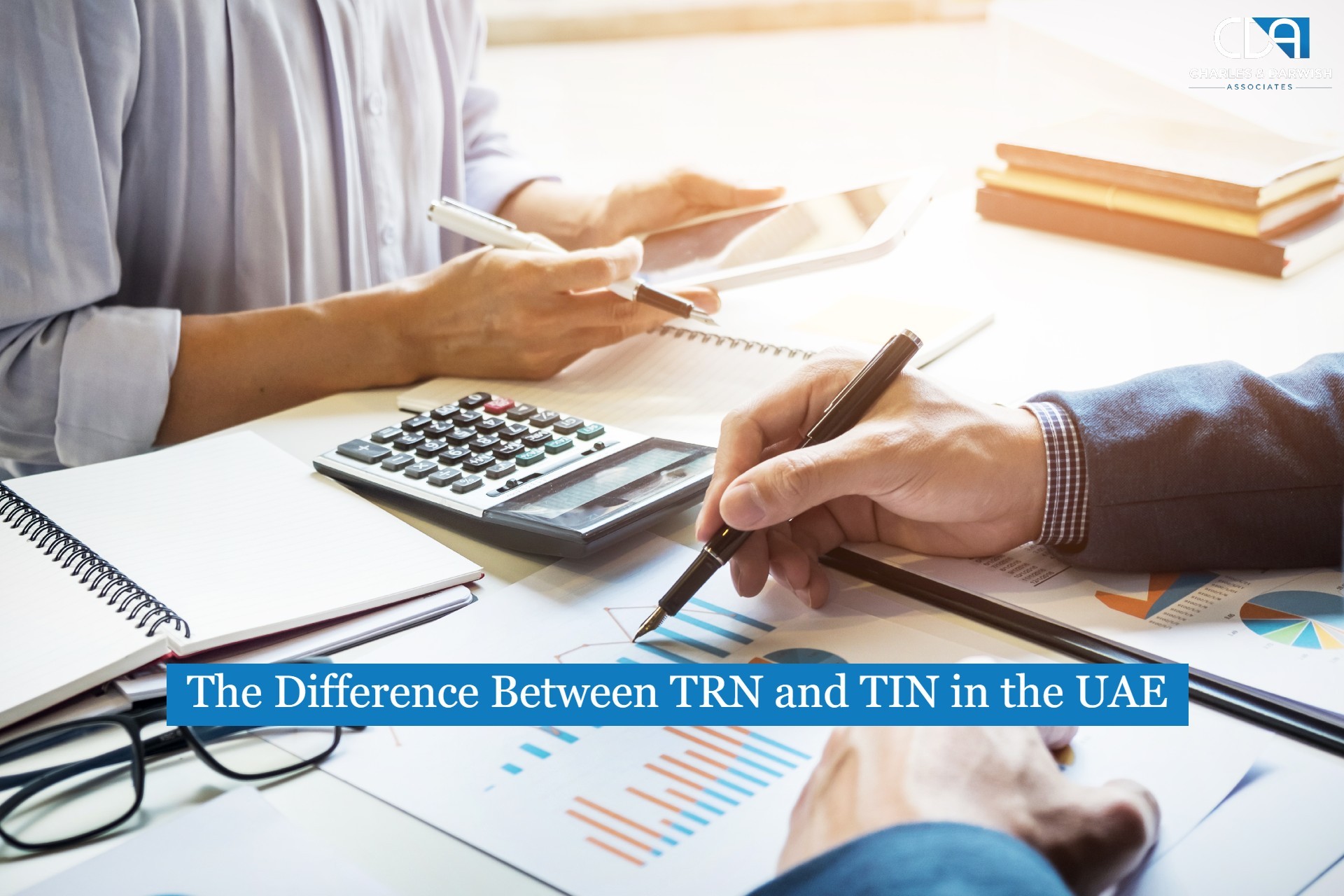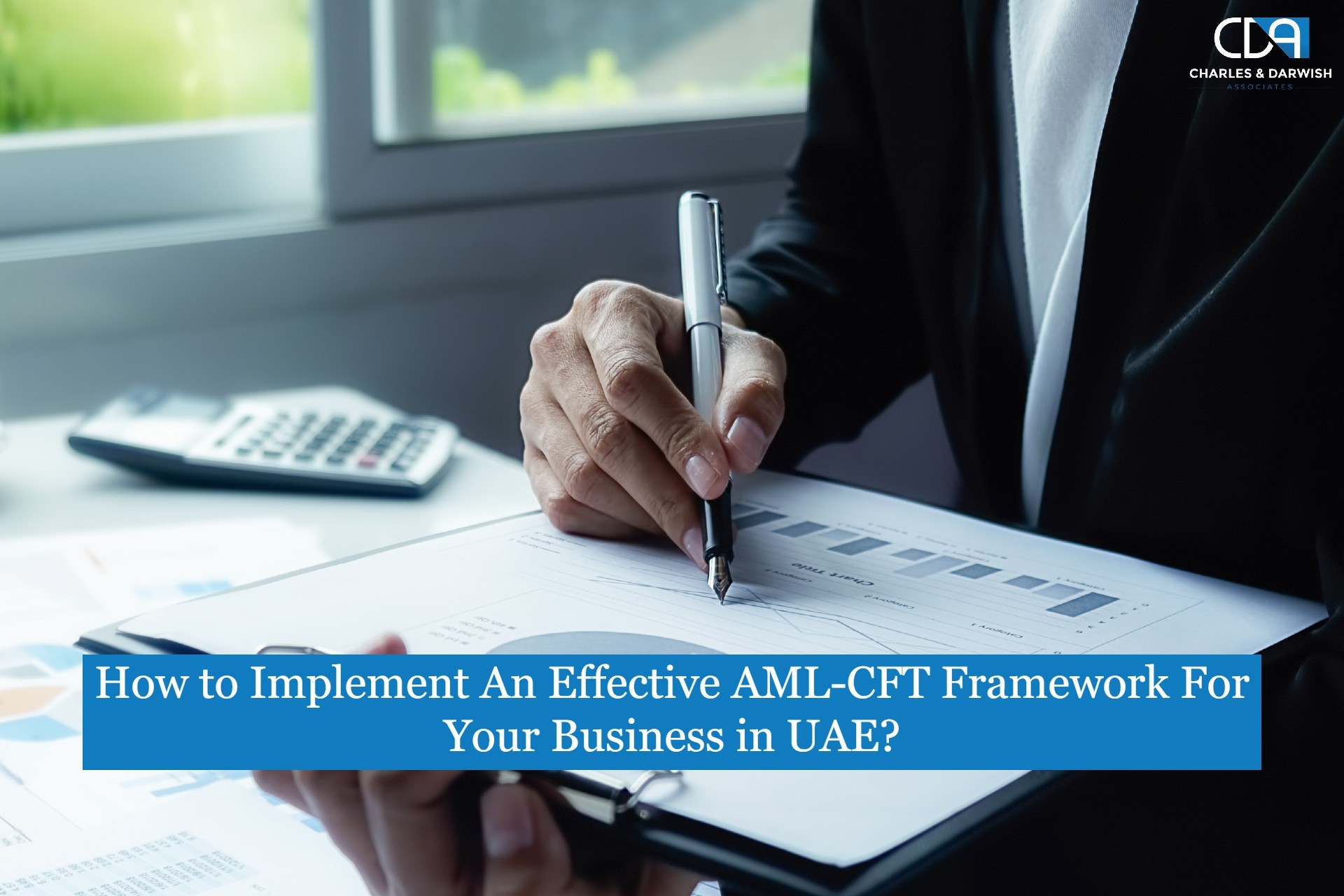The Effect of UAE VAT Law in Real Estate Sector
‘Every Newborn Flutters First, and Flies’
The value-added tax law (VAT) @ 5% came into effect in the UAE from 1 January 2018. According to FTA (Federal Tax Authority) and DLD (Dubai Land Department), the impact of VAT on Real Estate in the UAE will be trifling, as about 85% of the components in Real Estate are not exposed to tax.
Key Features of the VAT Law in Real Estate:
The VAT Law has rated the taxable and non-taxable supplies in Real Estate sector as follows:
(a) Exempt, where no VAT is chargeable;
(b) Zero-rated, where VAT is chargeable at a zero rate, and
(c) Standard rated, where VAT is chargeable at 5 percent.
The VAT-able and non-VAT-able components
The VAT Law defines the components in Real Estate which are taxable and non-taxable. The trade of bare lands or unimproved lands is exempted from the VAT. The sale or lease of Residential Property at the first time attracts a zero rate tax and the ensuing supplies will be exempted from the tax. At the same time, the sale or lease of commercial property and the associated supplies, for instance, service and utility charges attract a Standard rate. Hotel, bed and breakfast establishments also come under commercial property, not under the residential property.
The Impact of VAT Law in Real Estate
Though it may take some more time to assess the full impact of VAT implementation, the initial data suggest that the new tax policy has been relatively successful in the diversification of government revenue without producing more inflation and has not backlashed the investors’ interest and trust.
The Impact of VAT Law in Sharjah Emirate
The latest report issued by the SRERD (Sharjah Real Estate Registration Directorate) reveals that the residential properties ranked first in terms of real estate transactions in the first half of 2019 with 69.7 percent of the total transactions followed by commercial property sector with 17.8 percent, industrial properties with 10 percent and agricultural properties with 2.5 percent.
The Impact of VAT Law in Dubai Emirate
The oversupply in the industry witnessed a continuous decline in the property prices and rentals in Dubai in 2019. The emirate witnessed a delivery of 47,500 apartments, villas and town houses in 2019, which is two times more than that of last year. The Property Monitor data showed that the residential real estate prices declined at a faster rate in May with the apartment prices down by 14.1 percent year-on-year and villa prices down by 14.9 percent. BIS data also recorded the same tendency. A recent study by the market experts proved that in the sales market, prices for both apartments and villas witnessed a decrease of 4 percent in the last quarter and in the rental sector, the average apartment rates declined by 5 percent and villas by 8 percent.
The market indicators show that the investors have a lot of good trust and confidence in the real estate market and it will continue to enjoy the steady growth and impetus in the coming years also.
So if you are an investor or a buyer and you find any complexity or have any query regarding the VAT Law in UAE, we, the CDA Accounting and Bookkeeping Services LLC are there with a helping hand. We are one among the leading VAT Consultants and Tax Advisors in Dubai and Abu Dhabi. We offer Business Advisory services, Financial Advisory services, VAT Consultancy services, etc.
Feel free to ring up as our VAT specialists will offer one hour free VAT Consultation.

Mark Thompson
Full-stack Developer, Blogger, and Tech Enthusiast.
Mark specializes in digital marketing, SEO, and content strategy.








5e2e987ce1591.jpg)




